I don’t know whether I’d have read this Bulgarian novel if not for its International Booker listing. I am so glad that I did.
Gospodinov’s narrator (a version of the author) meets a mysterious figure named Gaustine, who seems preoccupied with the past. With dementia on the rise, Gaustine’s idea is to set up a clinic whose rooms recreate periods of the 20th century, to help jog his patients’ memories.
It’s an idea that works well for some people, less well for others (and too well for a few). There are striking sequences, such as those where a secret policeman has become the main source of memory for the man he once pursued, because he remembers more about the man’s life than anyone else.
It turns out that everyone wants a taste of old times. People without memory loss are admitted to the clinic for a hit of nostalgia. Then, the vogue for the past spreads out across Europe, with countries holding referendums on which time period they should revert to. Gospodinov handles this beautifully, illustrating the dangers of being too fixated on the past. Here, his narrator reflects on how the lived present transforms with hindsight:
I presume that 1968 did not exist in 1968. Nobody back then said, Hey, man, that stuff we’re living through now, it’s the great ’68, which’ll go down in history. Everything happens years after it has happened…You need time and a story for that which has supposedly already taken place to happen…with a delay, just as photos were developed and images appeared slowly in the dark…Most likely 1939 did not exist in 1939, there were just mornings when you woke up with a headache, uncertain and afraid.
Translated from Bulgarian by Angela Rodel
Gospodinov adds another layer to his novel by undermining the narrator, whose own memory starts to fail him. He can’t be sure whether Gaustine was real or his creation (or even whether he, the narrator, was Gaustine’s creation). Nothing is certain within the pages of the book, and there is no real shelter from time, after all.
Published by Weidenfeld & Nicolson.
Click here to read my other posts on the 2023 International Booker Prize.


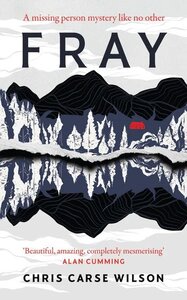
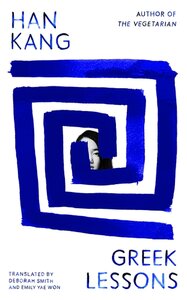
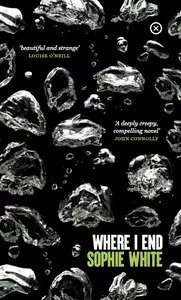
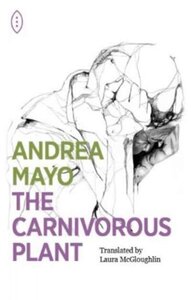
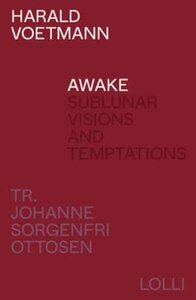
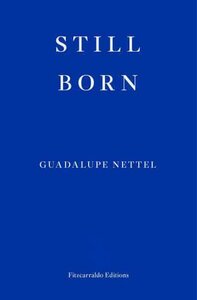
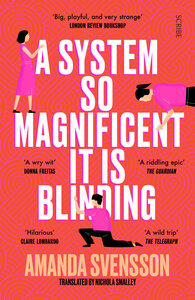
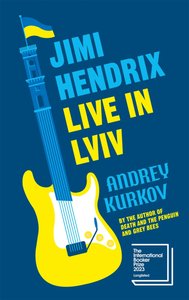


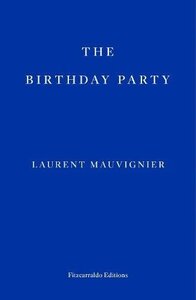
Recent Comments